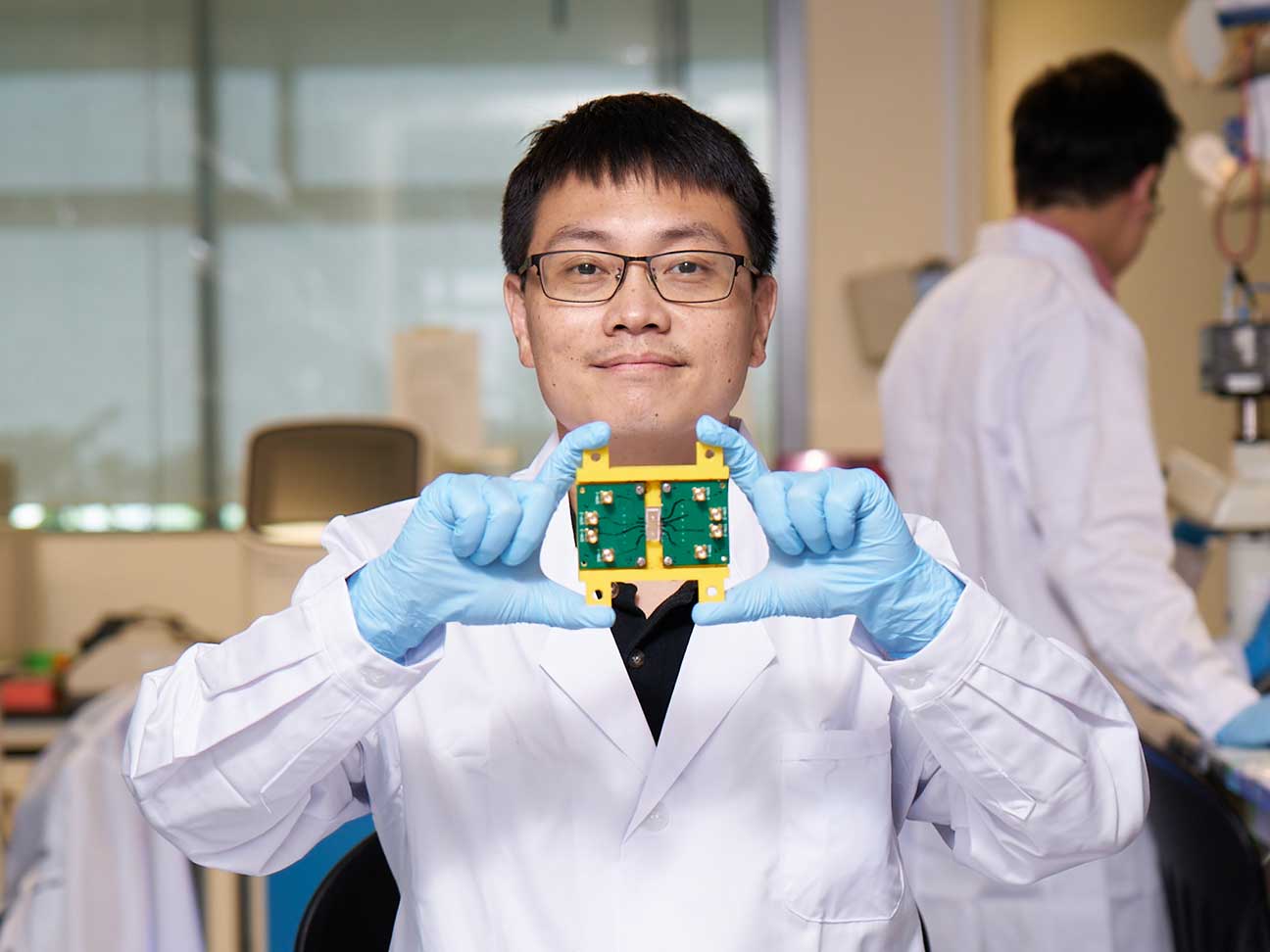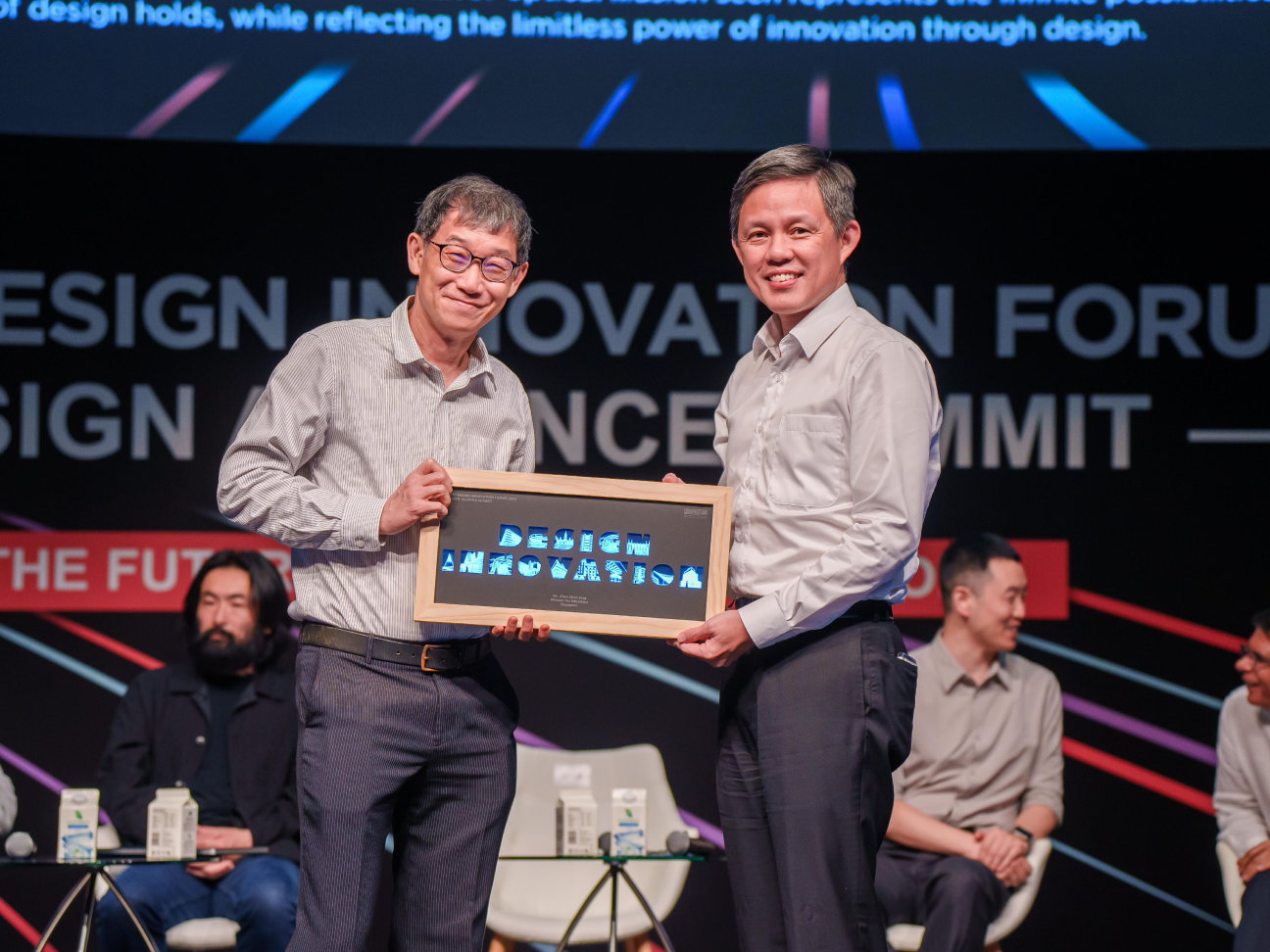Events
Filters

18 February 2025
Human in the loop automation: ride-hailing with remote (tele-)drivers
ESD Research Seminar by Xiaotang Yang – Using a spatial queueing model that captures the dynamics of pick up and trip times, this seminar will show that when workload is sufficiently high (relative to the number of vehicles), perhaps surprisingly, reducing the number of drivers relative to the number of vehicles can improve service level.

ESD
Seminar/Lecture
10.30 am – 11.30 am
SUTD Data Analytics Lab (Building 1, Level 6, Room 1.610)

10 February 2025
Integrating EV charging and discharging into power grid through bilateral negotiation
ESD Research Seminar by Yun Fong Lim – To deal with demand uncertainty on a power grid, a power plant with limited ramping capability can collaborate with an electric vehicle (EV) company. With proper charging and discharging prices, the EV company voluntarily withdraws electricity from or returns electricity to the power grid in suitable phases.

ESD
Seminar/Lecture
2.30 pm – 3.30 pm
SUTD Data Analytics Lab (Building 1, Level 6, Room 1.610)

11 December 2024
Hanzhang Qin (National University of Singapore) – Online Resource Allocation under Non-Stationary Customer Arrivals and Unknown Demands

ESD
Seminar/Lecture
2.00 pm – 3.30 pm
SUTD Think Tank 21 (Building 2, Level 3) 8 Somapah Road
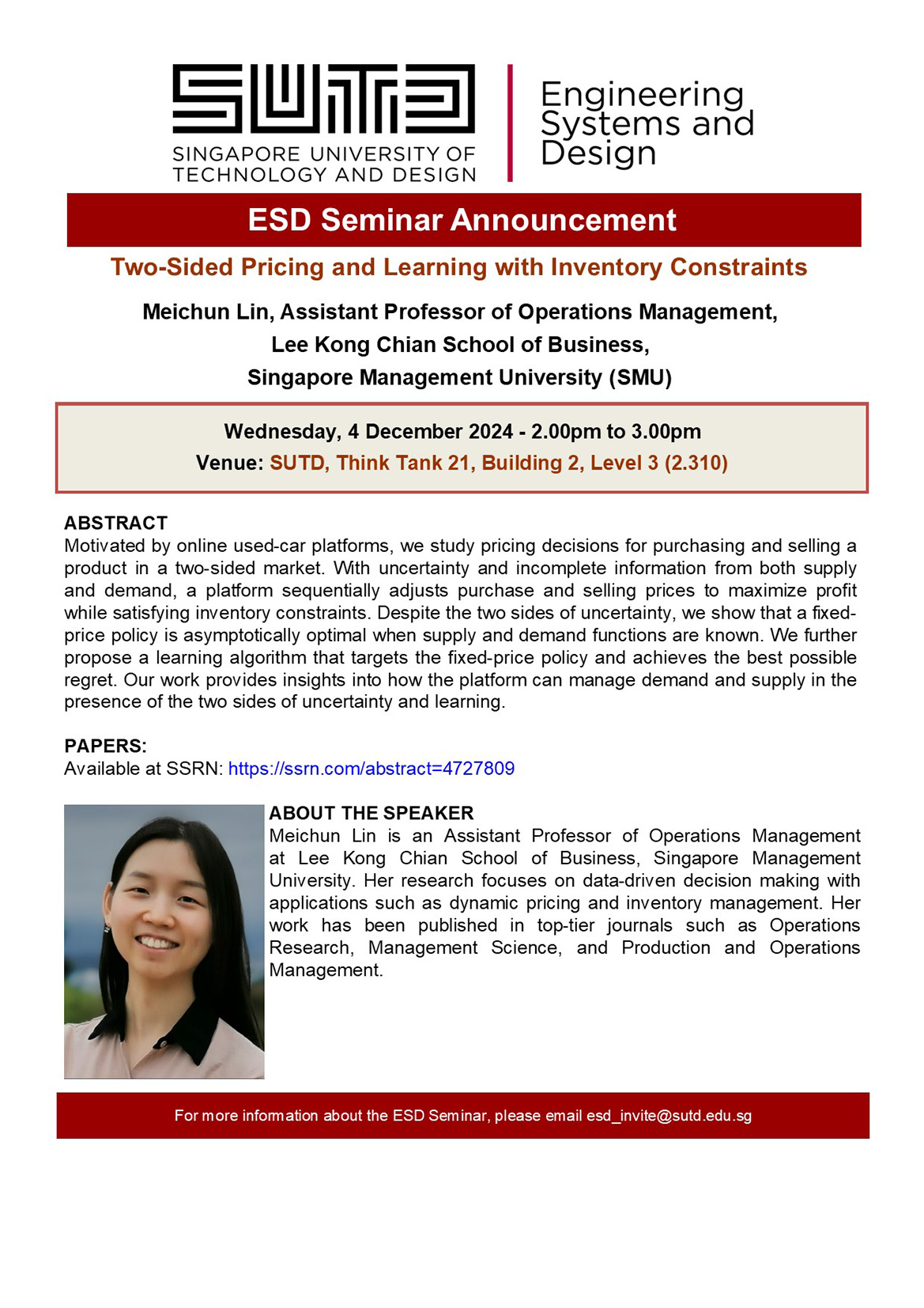
4 December 2024
Meichun Lin (Singapore Management University) – Two-Sided Pricing and Learning with Inventory Constraints

ESD
Seminar/Lecture
2.00 pm – 3.00 pm
SUTD Think Tank 21 (Building 2, Level 3) 8 Somapah Road
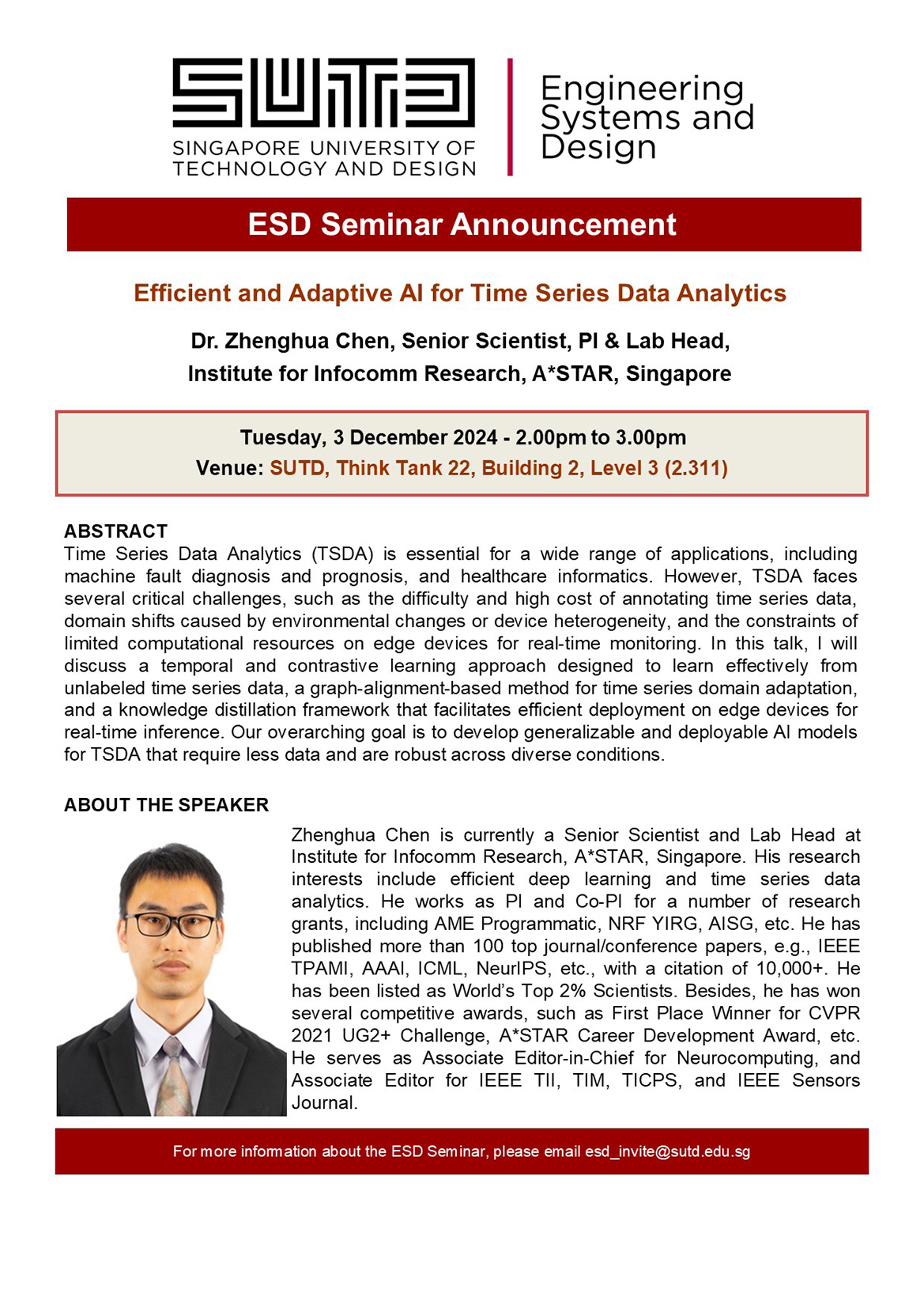
3 December 2024
Zhenghua Chen (A*STAR) – Efficient and Adaptive AI for Time Series Data Analytics

ESD
Seminar/Lecture
2.00 pm – 3.00 pm
SUTD Think Tank 22 (Building 2, Level 3) 8 Somapah Road
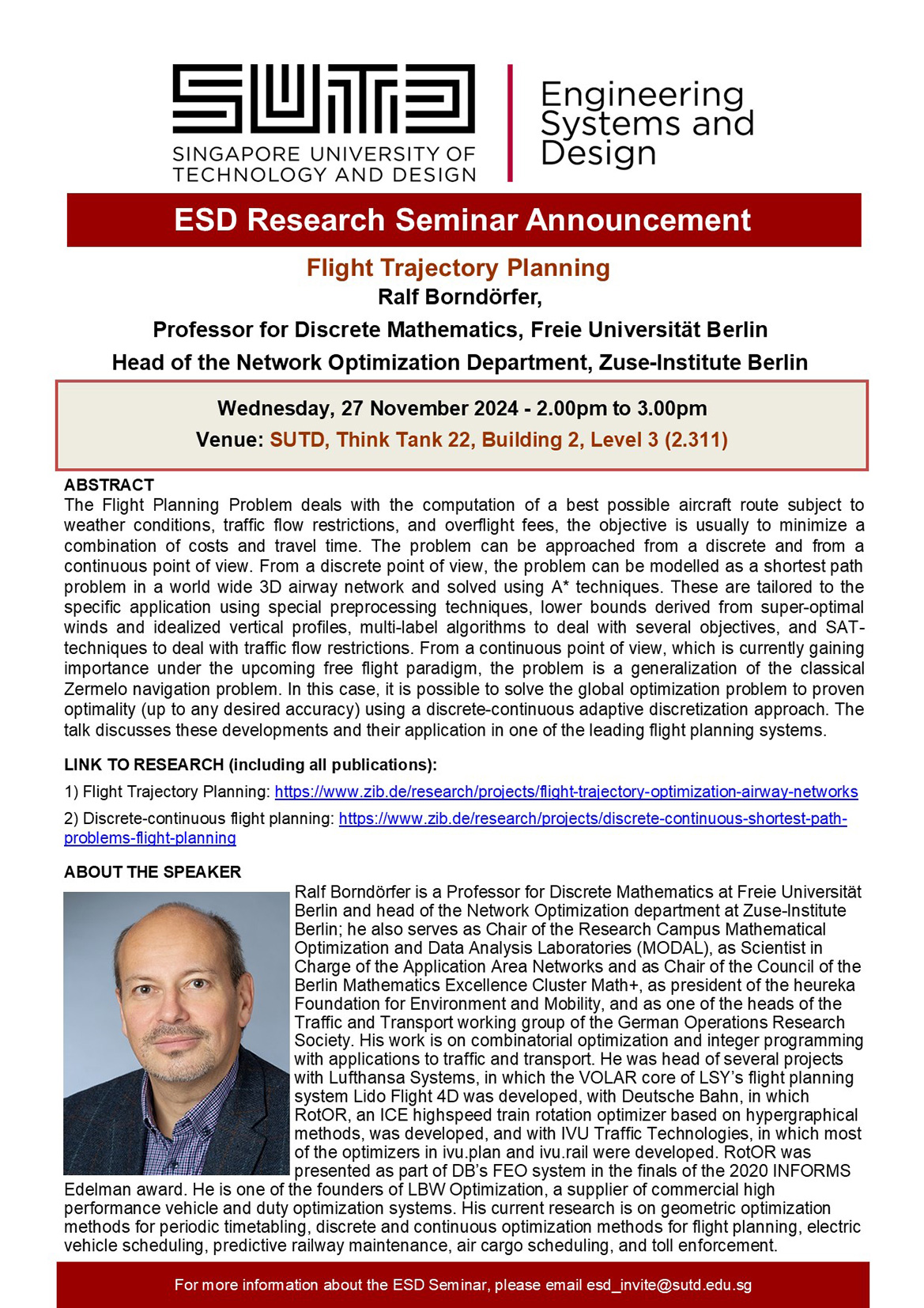
27 November 2024
Ralf Borndörfer (Freie Universität Berlin) – Flight Trajectory Planning

ESD
Seminar/Lecture
2.00 pm – 3.00 pm
SUTD Think Tank 22 (Building 2, Level 3) 8 Somapah Road

26 November 2024
Laura Wynter (IBM Research) – How to collaboratively add new knowledge to an LLM

ESD
Seminar/Lecture
2.00 pm – 3.00 pm
SUTD Think Tank 22 (Building 2, Level 3) 8 Somapah Road
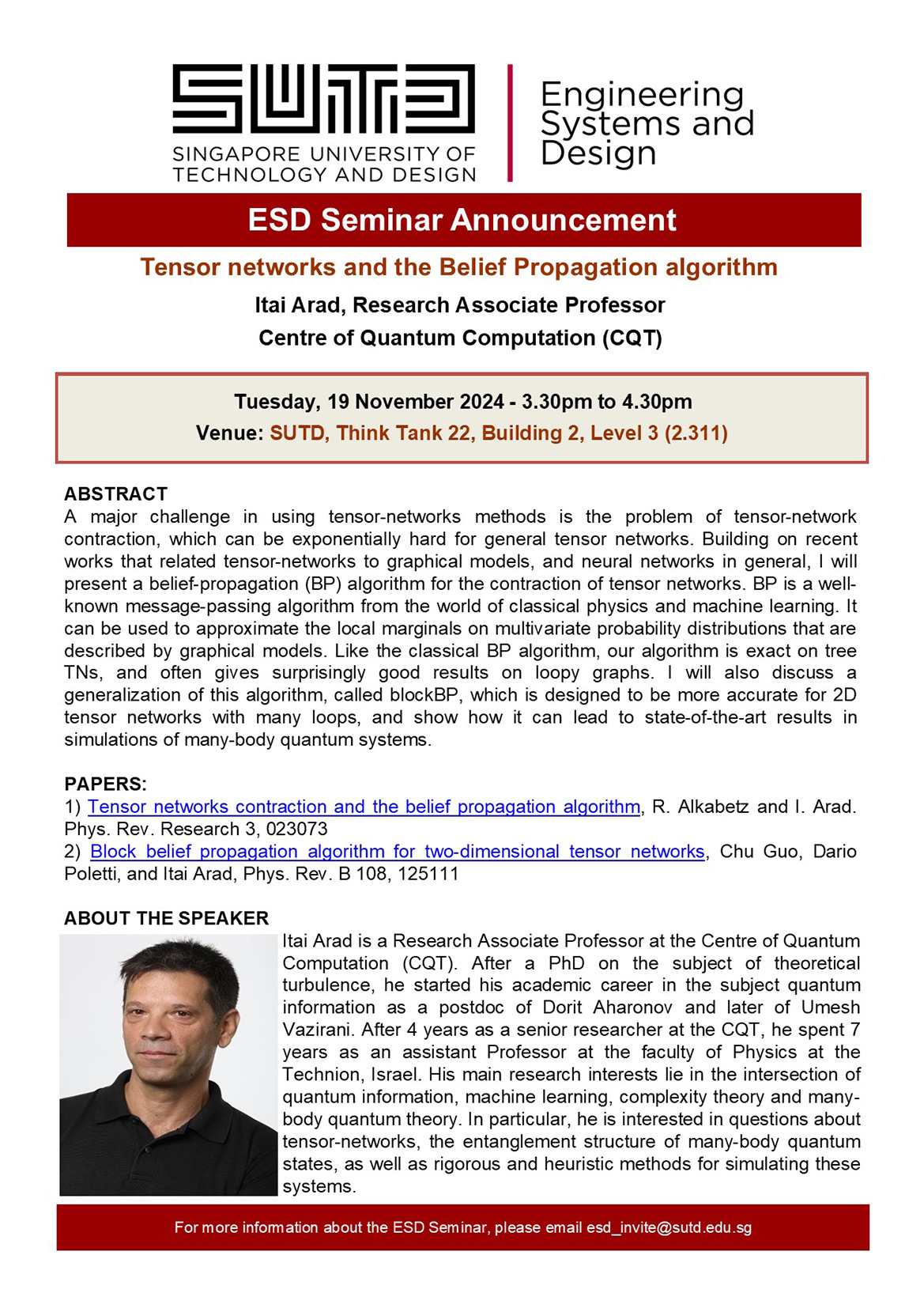
19 November 2024
Itai Arad (Centre of Quantum Computation) – Tensor networks and the Belief Propagation algorithm

ESD
Seminar/Lecture
3.30 pm – 4.30 pm
SUTD Think Tank 22 (Building 2, Level 3) 8 Somapah Road
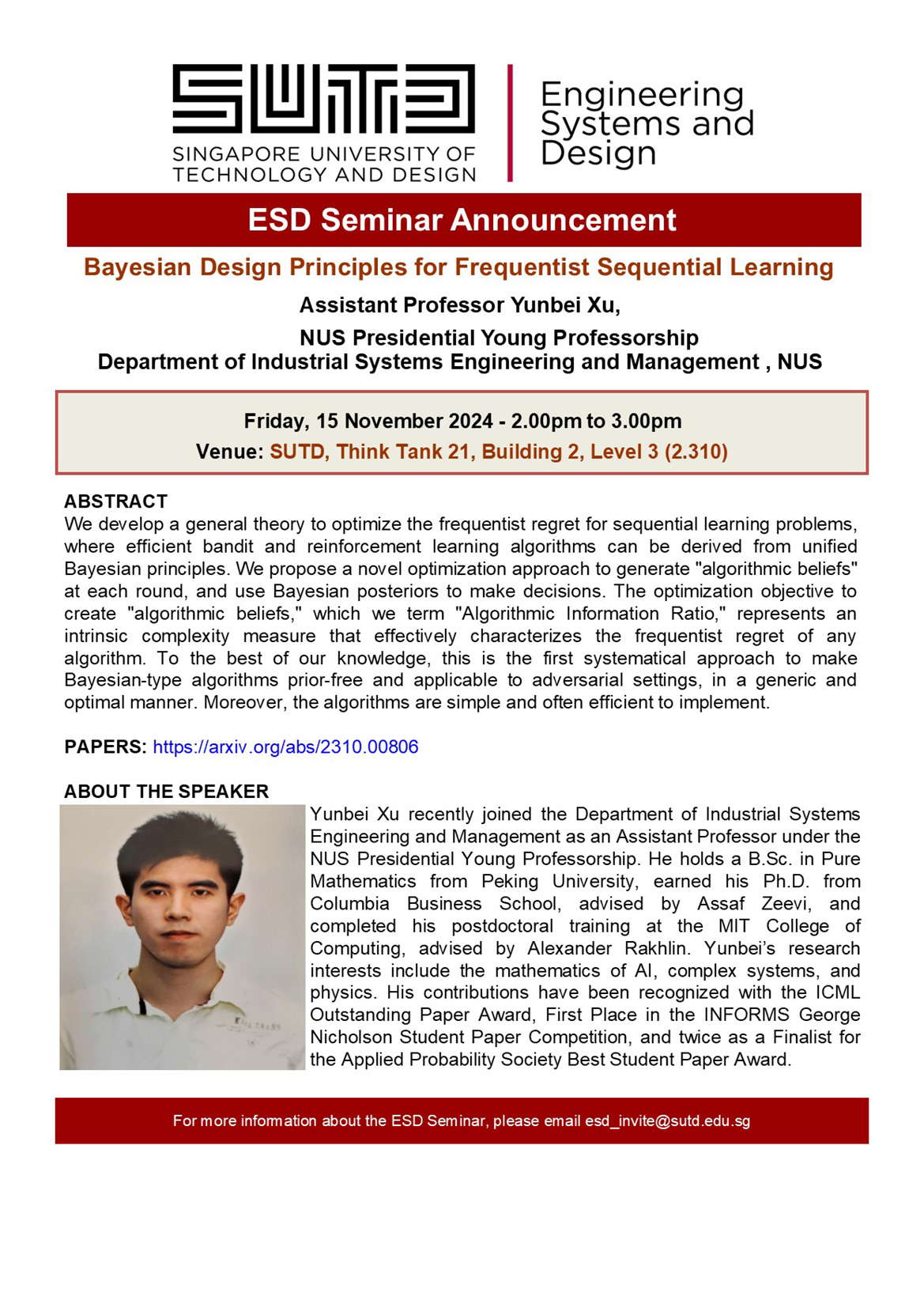
15 November 2024
Yunbei Xu (National University of Singapore) – Bayesian Design Principles for Frequentist Sequential Learning

ESD
Seminar/Lecture
2.00 pm – 3.30 pm
SUTD Think Tank 21 (Building 2, Level 3) 8 Somapah Road
12 November 2024
Immanuel M. Bomze (University of Vienna) – Need to relax – but perhaps later? Reflections on modeling sparsity and mixed-binary nonconvex optimization problems
ESD
Seminar/Lecture
3.30 pm – 4.30 pm
Data Analytics Lab (Building 1, Level 6, Room 1.610) 8 Somapah Road


